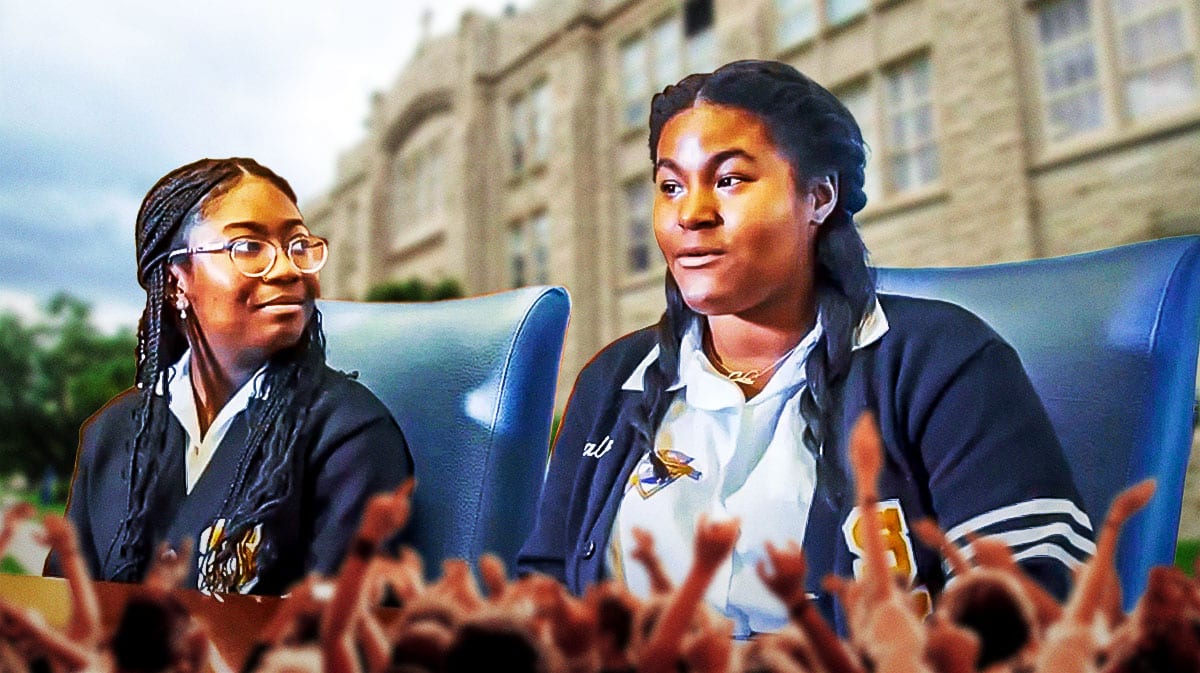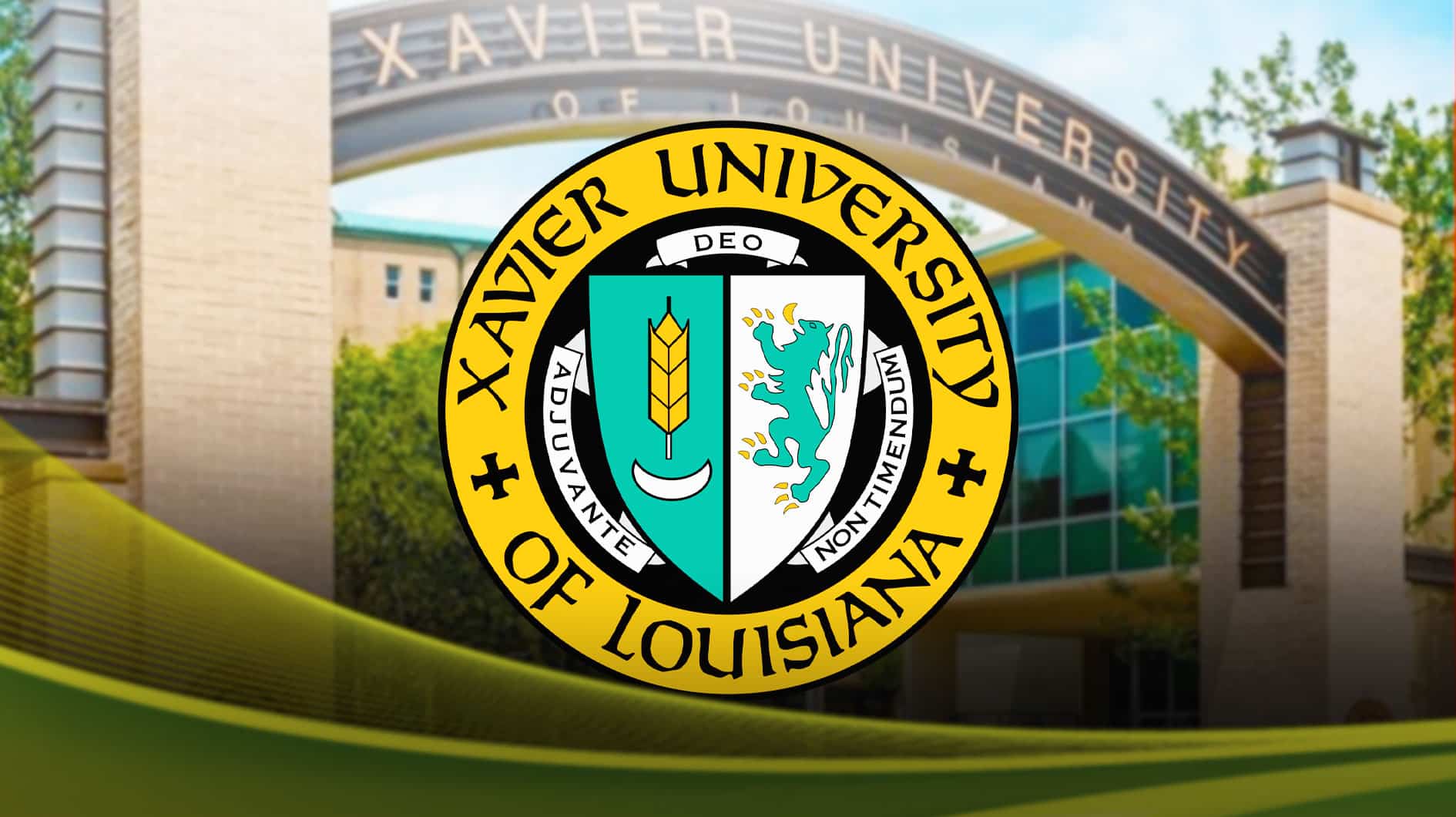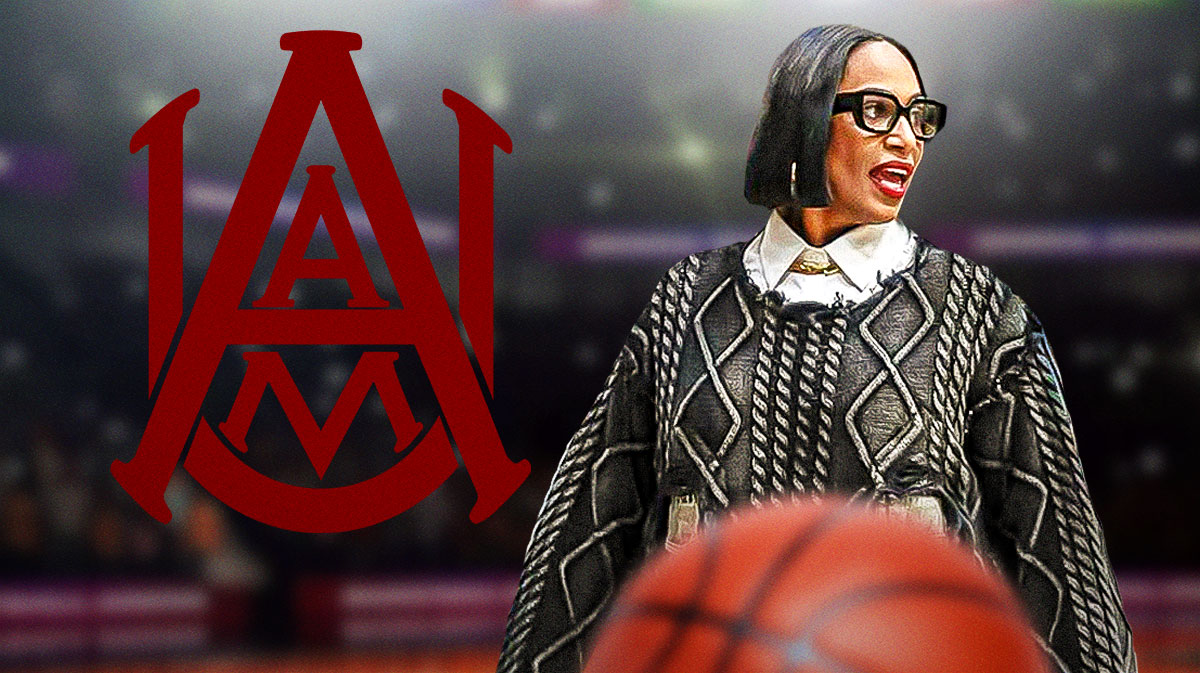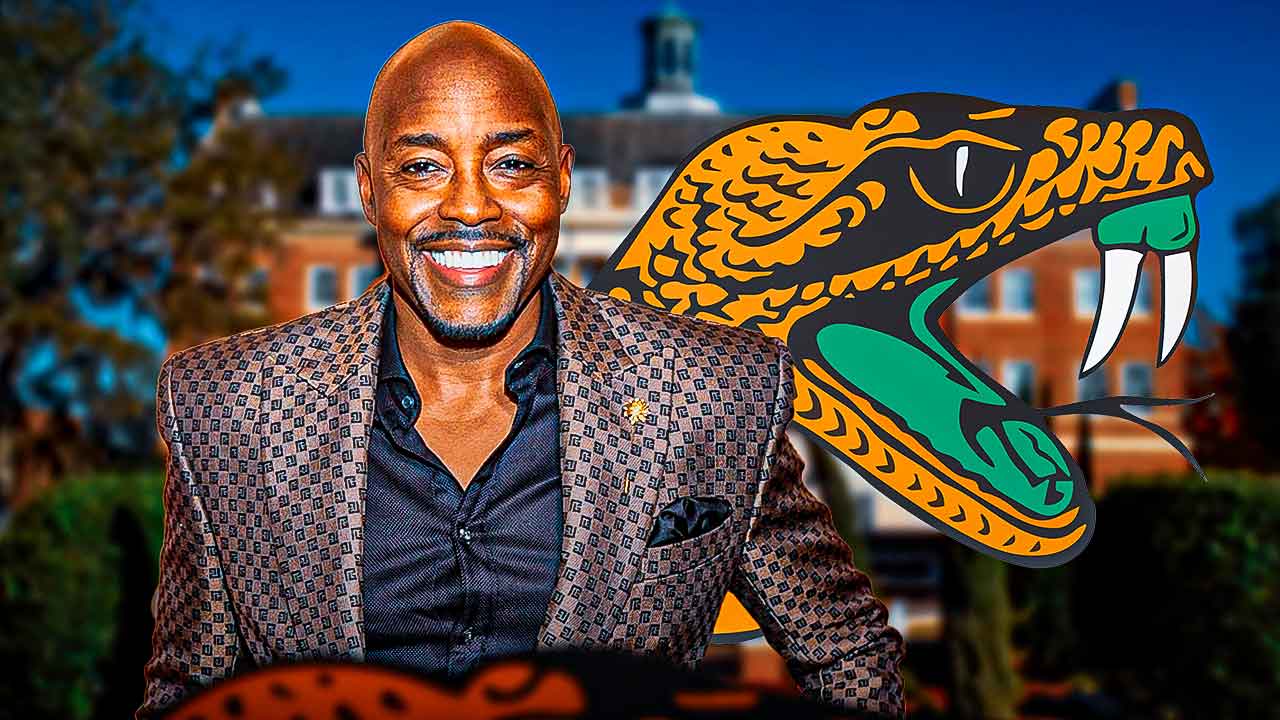Ne'Kiya Jackson, a prospective student at Xavier University of Louisiana, made national headlines as one of two students who helped solve a mathematical theory that was previously believed to be impossible. Jackson, along with her classmate Calcea Johnson, used trigonometry to prove the validity of the Pythagorean Theorem.
Jackson and Johnson are recent graduates of St. Mary's Academy in New Orleans, Louisiana. For their school's math contest, the two created a proof of the popular mathematical theory through trigonometry which, unbeknownst to the high school students, had never been accomplished before.
“There's many proofs of Pythagoras actually,” Jackson clarified. “It was just that ours used trigonometry. At the time, I was not even aware that what we were doing was so novel.”
The glowing response to their project encouraged the two girls to display their findings at the American Mathematical Society Annual Conference. Even amongst career mathematicians, the high schoolers drew attention to their studies.
Math, however, is not a particular subject of interest for either student. Both joined the contest because of the $500 cash prize for the winner. The bonus question on the contest directed students to create a new proof of the Pythagorean Theorem, according to Johnson in an interview with CBS News.
The school kept hidden from the students in the contest that more than 300 proofs of the Theorem exist, but only through algebraic and geometric terms. The use of trigonometry had long been regarded as impossible in this case. Johnson and Jackson spent most of the winter working on their proof.
“I started looking at what she was really doing,” said CeCe Johnson, Calcea's mother. “And it was pages and pages and pages of, like, over 20 or 30 pages for this one problem.”
“Yeah, the garbage can was full of papers which she would, you know, work out the problems — and if that didn't work she would ball it up, throw it in the trash,” said Calcea's father, Cal.
The students' teacher and creator of the contest, Michelle Blouin Williams, submitted the proof to the American Mathematical Society's 2023 conference in Atlanta, Georgia. News of their success spread quickly, resulting in recognition from former First Lady Michelle Obama and the keys to New Orleans from the governor.
Despite the success and corroboration from professionals worldwide, St. Mary's principal Pamela Rogers admitted there was considerable backlash.
“They were saying, ‘Oh, they could not have done it. African Americans don't have the brains to do it,'” Rogers said. “Of course, we sheltered our girls from that. But we absolutely did not expect it to come in the volume that it came… People have a vision of who can be successful. And to some people, it is not always an African American female. And to us, it's always an African American female.”
Jackson echoed her principal's statement when asked why she believed the achievement was so impressive.
“Probably because we're African American, one,” she said. “And we're also women. So I think – oh, and our age. Of course, our ages probably played a big part.”
While Jackson and Johnson enjoyed their time in the limelight, both are looking forward to their bright futures. Jackson is staying close to home as she plans to enroll in the Contingent Admit Program of Xavier's College of Pharmacy. She'll go through two years of undergraduate studies before taking on a four-year Ph.D. program.
“This will be more of just an anecdote because while doing that was very nice, and I had a great time, I don't think math is really my calling,” Jackson said. “I would like to impact the pharmacy industry too, but right now, I just have to see where this goes.”

















